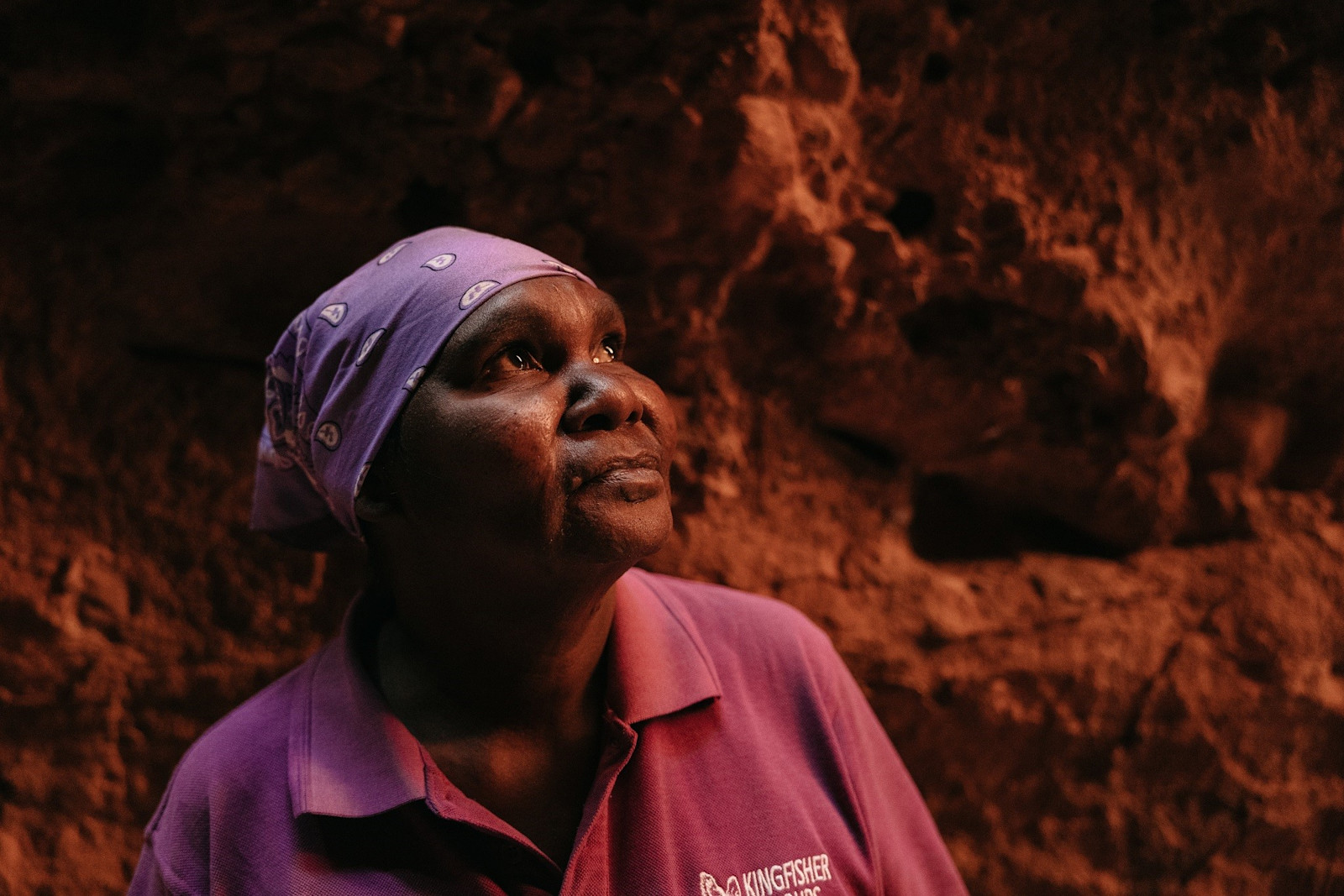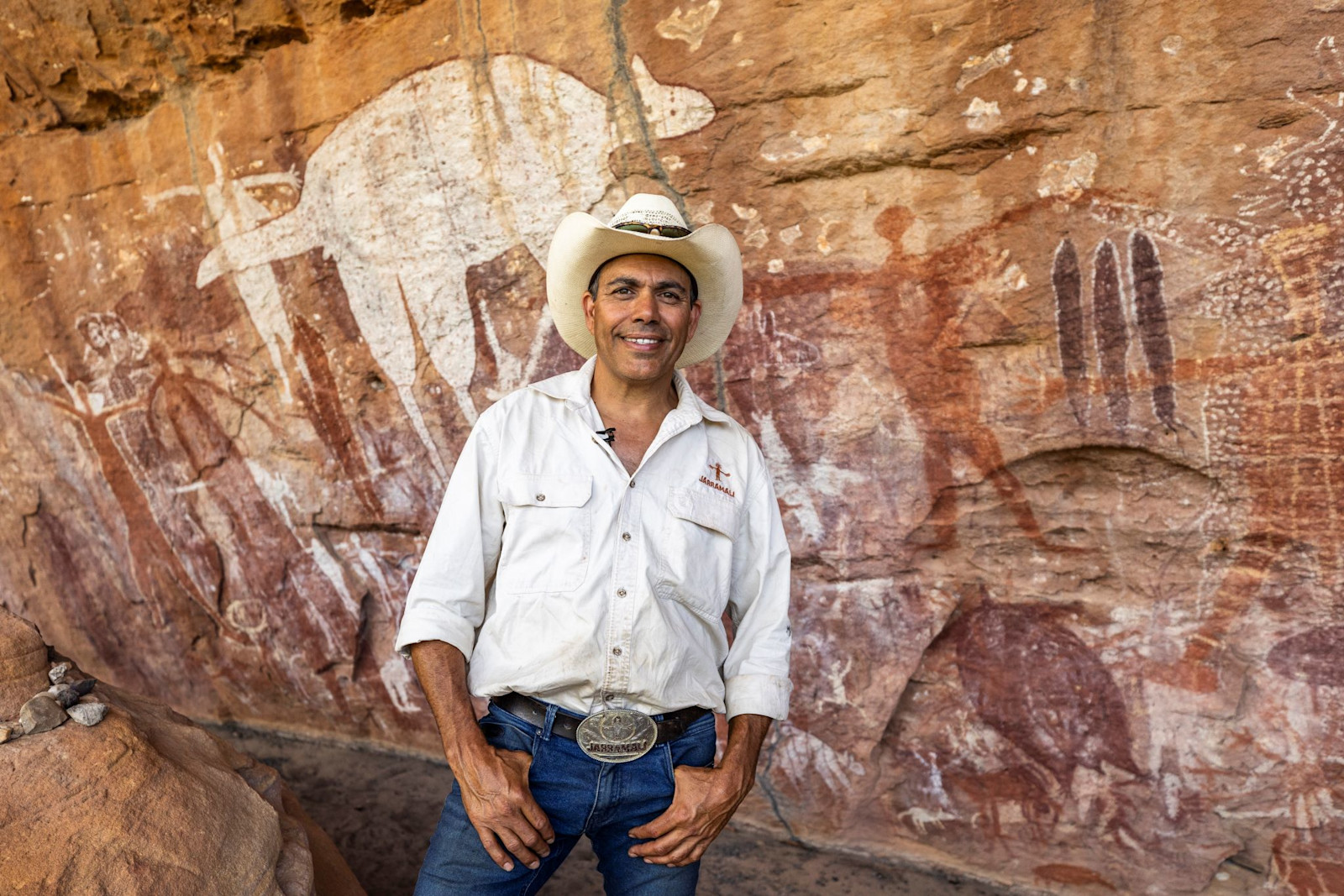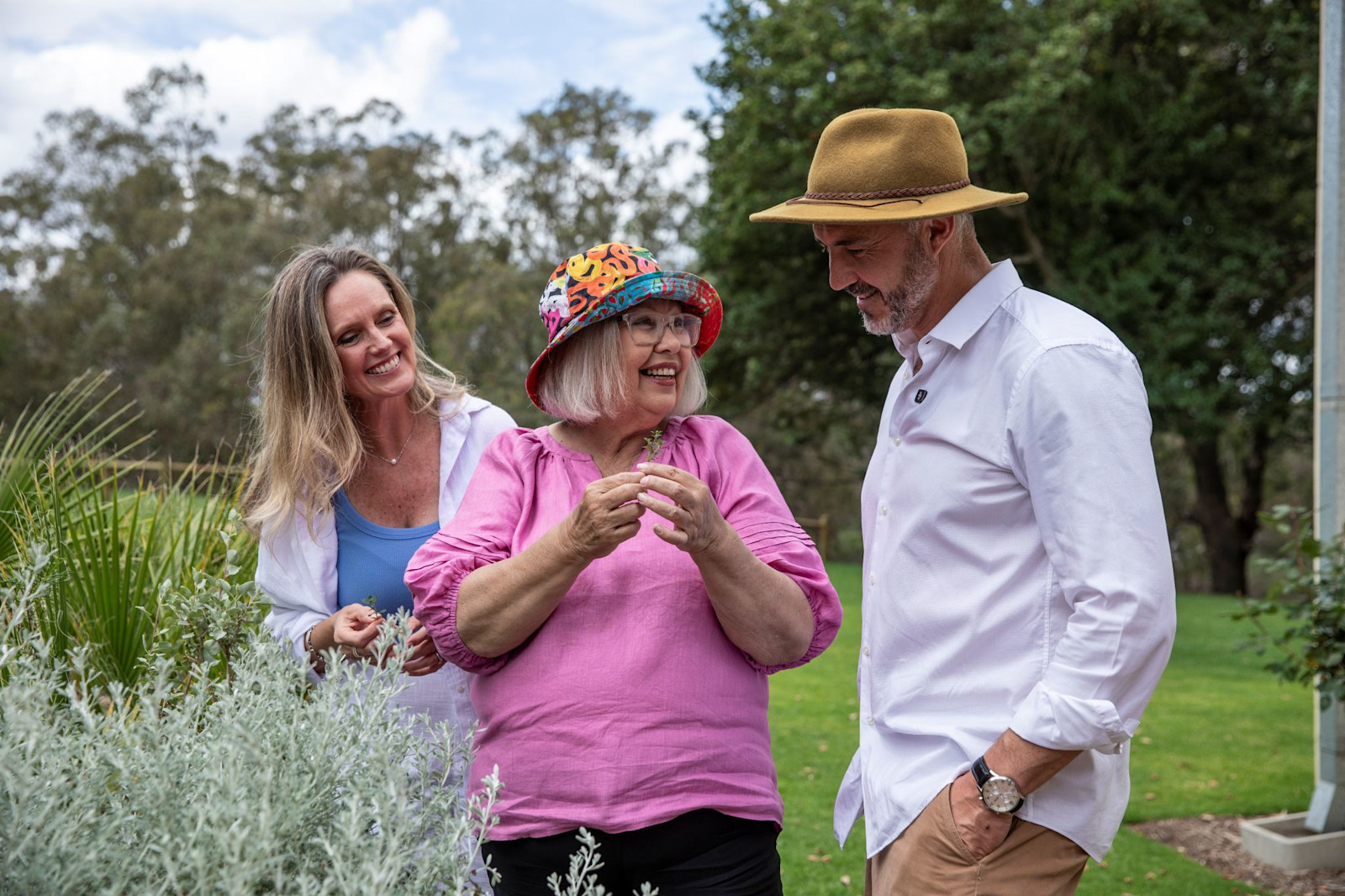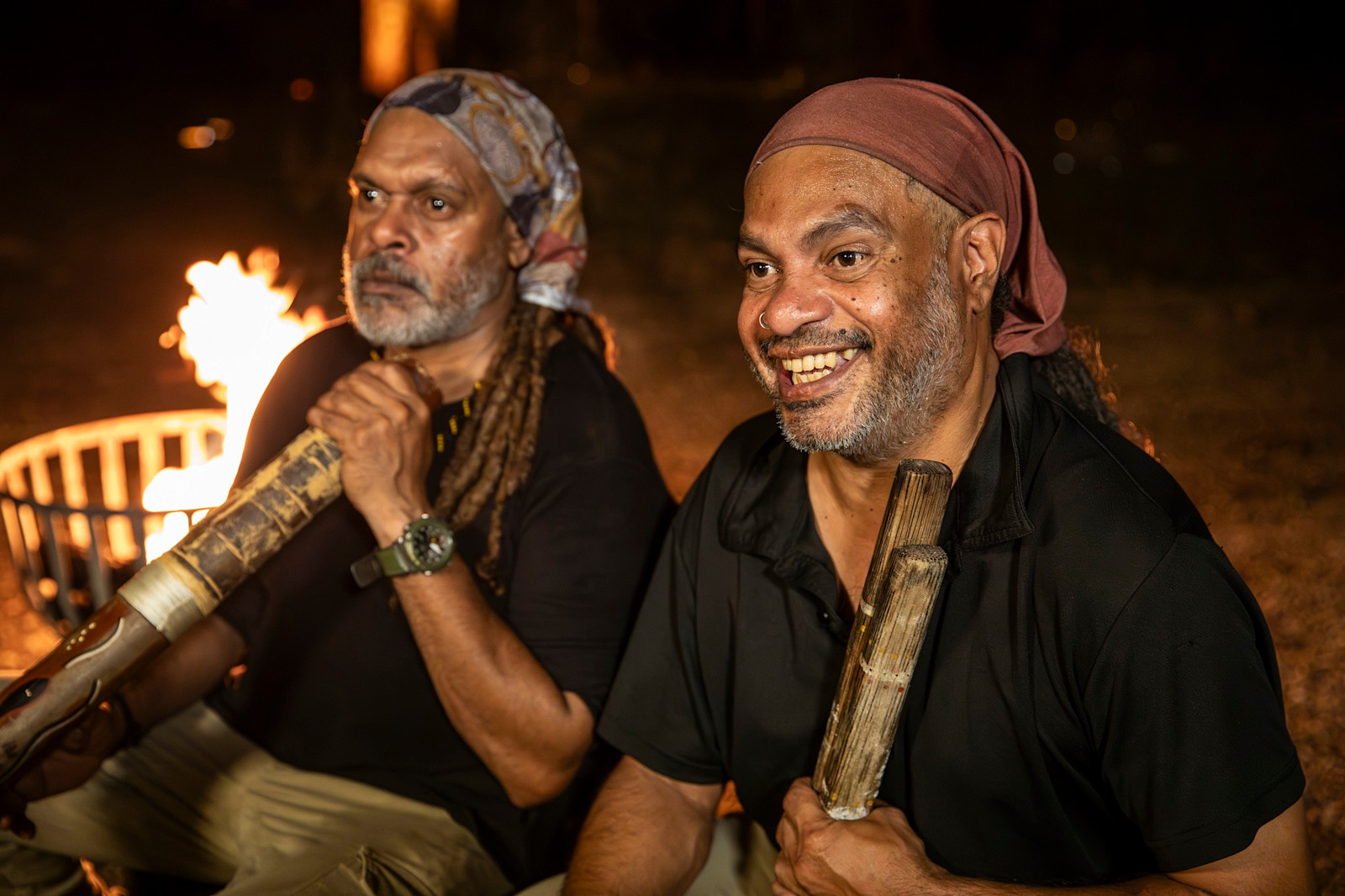Meet the women leading the Aboriginal tourism charge
Much of the growth in Aboriginal cultural tourism has happened in the years since Sydney/Warrane hosted the 2000 Summer Olympic Games, and many credit Aunty Margret Campbell with spearheading the movement. An Elder from New South Wales’ Dunghutti-Jerrinja Nation, Margret has seen a huge shift in awareness over the last two decades.
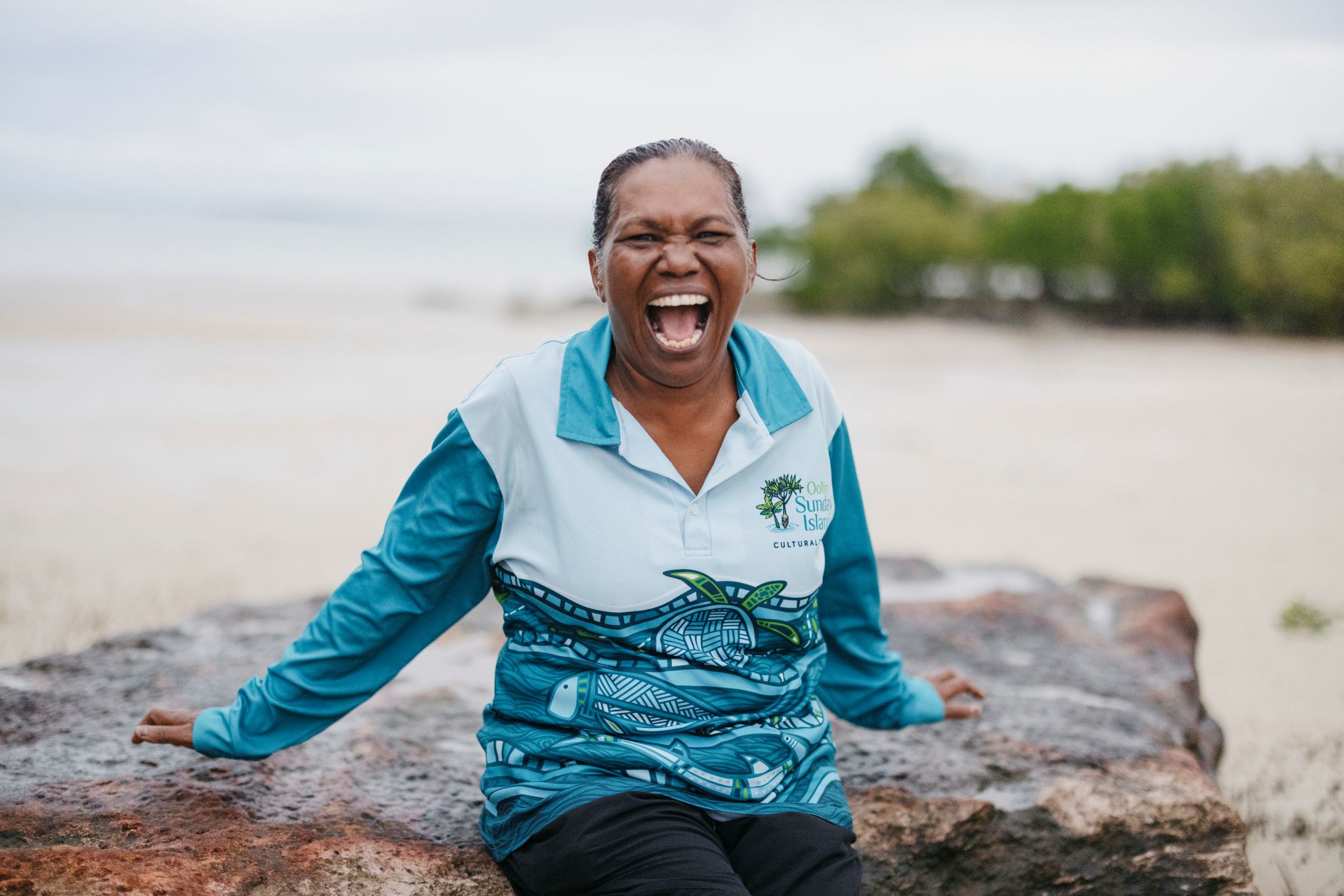
Rosanna Angus, owner and guide, Oolin Sunday Island Cultural Tours, WA © Tourism Australia
Much of the growth in Aboriginal cultural tourism has happened in the years since Sydney/Warrane hosted the 2000 Summer Olympic Games, and many credit Aunty Margret Campbell with spearheading the movement. An Elder from New South Wales’ Dunghutti-Jerrinja Nation, Margret has seen a huge shift in awareness over the last two decades. In the 1960s, she participated in Aboriginal youth programs such as the Foundation for Aboriginal Affairs, and benefited from mentoring provided by Indigenous politicians and campaigners such as Charles Perkins, Esther Carroll and Elizabeth ‘Trixie’ Rowe. It’s this that inspired her to become the state’s first Aboriginal-owned tourism operator in the late 1990s, when she took tourists on a ‘whale dreaming’ cruise, decoding how traditional landowners lived in and around the harbor.
Today, her Dreamtime Southern X walking tours explore the foreshore around The Rocks, a place where the Gadigal had established campsites when the First Fleet came to shore in 1788. “I don’t want to dwell on the invasion,” she tells me. “I just want to talk about my lived experience. I’m positive and upbeat. Many visitors on my tours are embarrassed to ask questions at the start, as they think they should know about our country’s history. I make them feel comfortable, and tell them they can ask the silliest or most serious questions. There are no wrong questions; I’m not going to judge.”
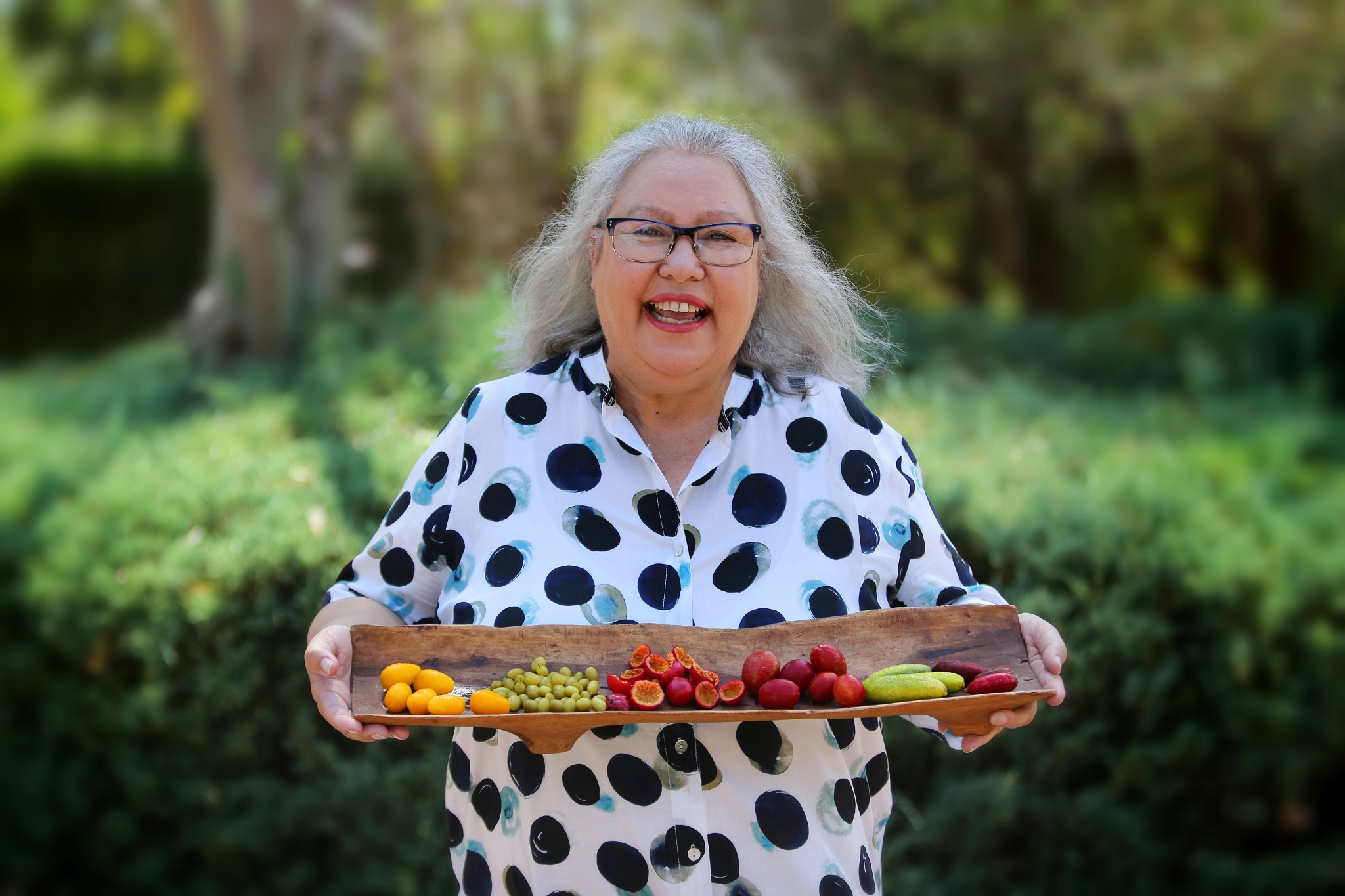
Dale Tilbrook Experiences, Perth, Western Australia © Tourism Australia
Across the country in Western Australia’s Swan Valley, Wardandi Bibbulmun Elder Aunty Dale Tilbrook is a pioneer when it comes to bush tucker. Many restaurants around Australia today feature native ingredients on their menus, whether wattleseed, quandong, saltbush or lemon myrtle. It’s likely they took some inspiration from Dale, who has been operating a business highlighting Indigenous ingredients for more than 25 years. Her beautiful property grows a wealth of native produce, which vary over the six seasons in Aboriginal culture. “I know a lot about bush food. It’s very dear to my heart. From my Elders I’ve acquired a lot of knowledge, and have backed that up with my own research,” she says. Dale also co-owns a gallery in Western Australia, and hosts culinary masterclasses around the world.
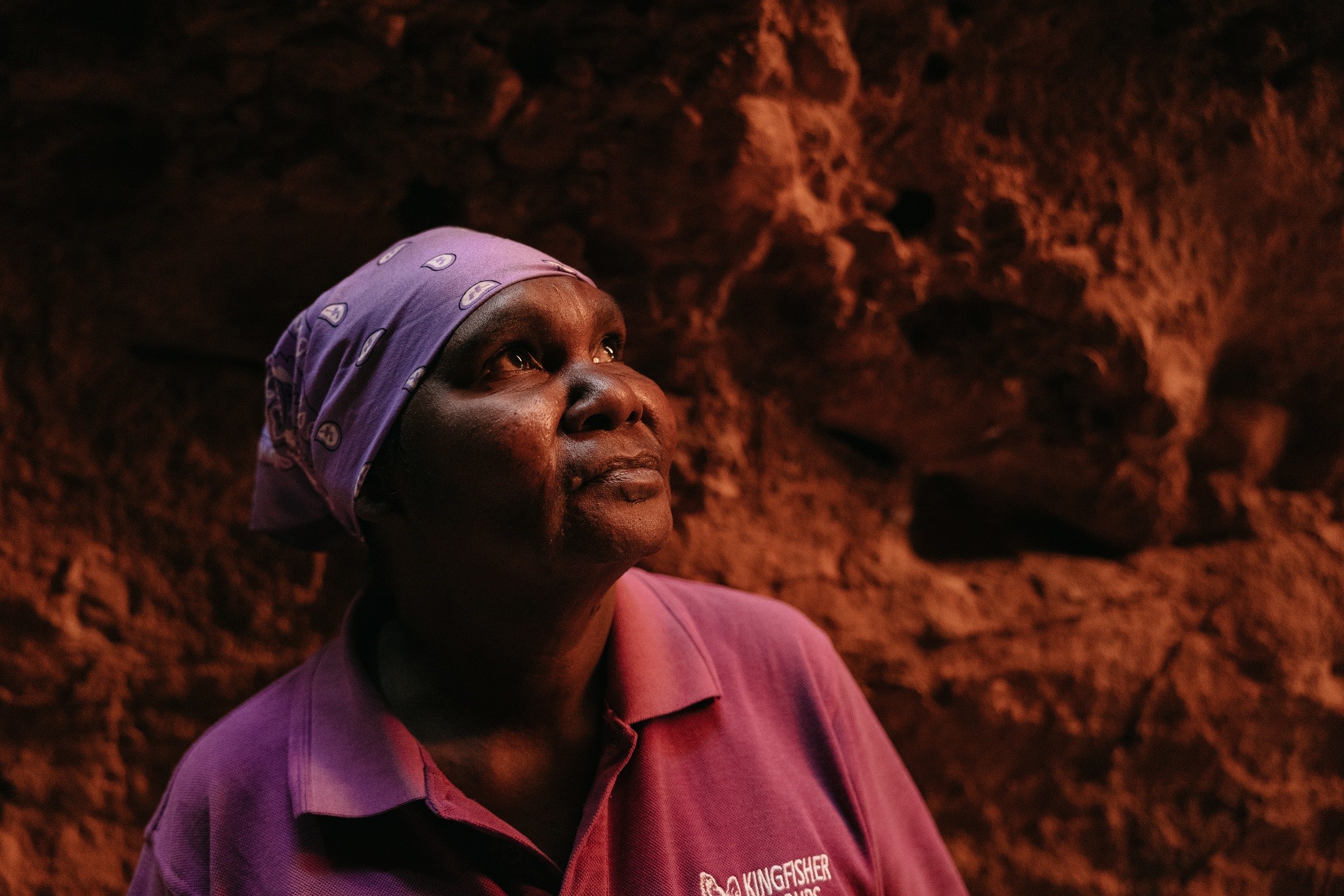
Bec Sampi, Head Guide, Kingfisher Tours, the Kimberley, Western Australia © Tourism Australia
Also in Western Australia, Wola Gija woman Bec Sampi is the head guide at Kingfisher Tours, where she reveals stories of the Kimberly region in a way possible only for someone born, raised and educated with 65,000 years of intergenerational stories. Bec’s playground as a child was Purnululu National Park – it was here that she gained a wealth of cultural and geographical knowledge from her Elders, who passed on their stories to her. She’s an advocate for Aboriginal rights around Australia, and is also the founder of Garingbaar Native Bush Botanicals, which makes beauty products infused with bush lavender and coconut oil, among other ingredients.
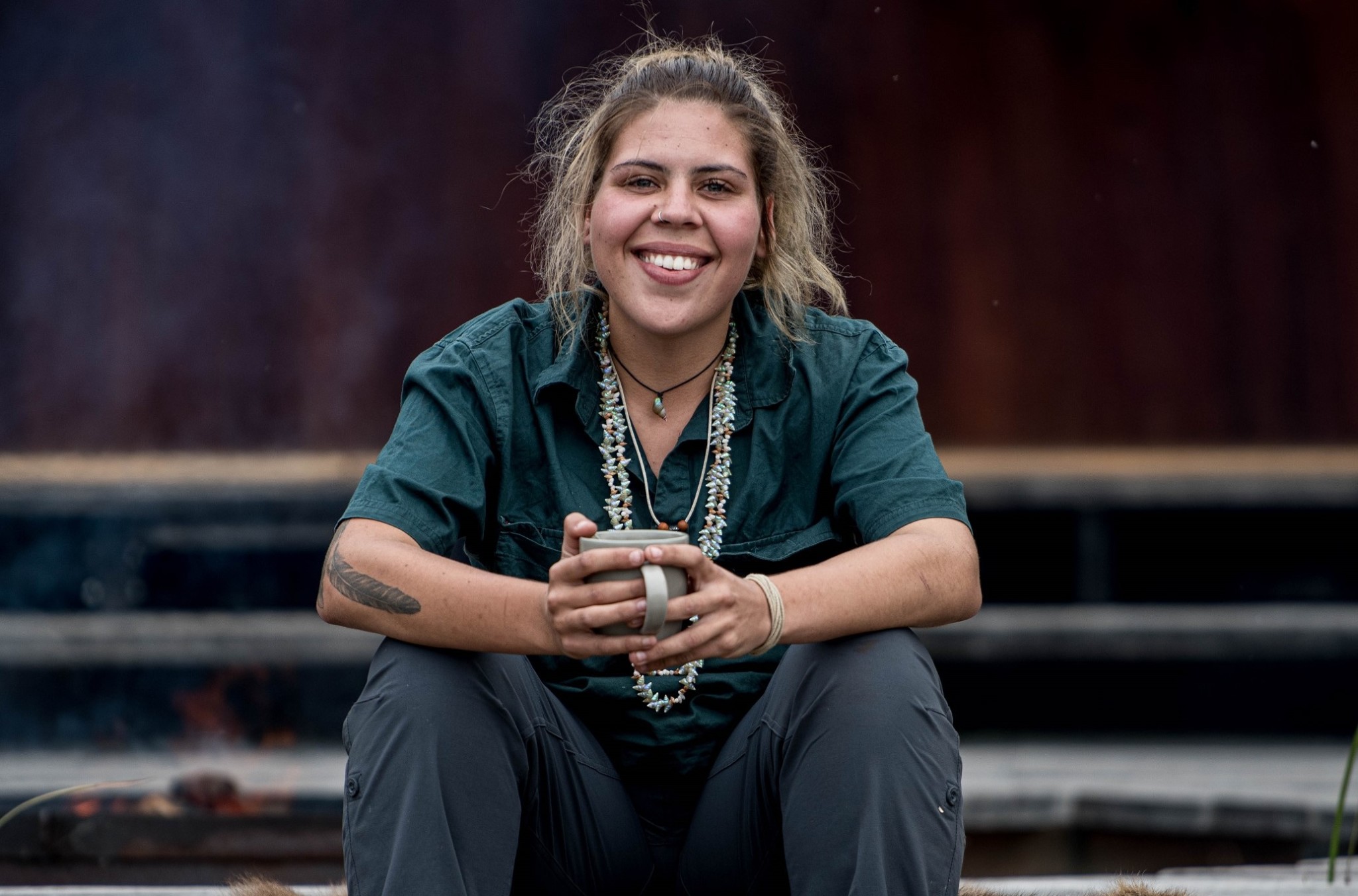
Carleeta Thomas, wukalina Walk, Tasmania/lutruwita © wukalina Walk
A lead guide at wukalina Walk in Tasmania/lutruwita’s northeast, Carleeta Thomas studied hairdressing before being headhunted to join the Aboriginal-owned company. “I never thought of doing anything like this. Of talking about myself and my culture,” she says. “But I like being able to connect with guests on every level. I’m sharing what I know, and learning every time I take a tour.” Carleeta, a pakana woman, was approached to become a guide on the experience – the first Aboriginal-owned tour in Tasmania – fresh out of high school. “I was really lucky for the Elders to see something in me at such a young age,” she says. “Being on Country is powerful. Learning about my culture and being able to share what I know is amazing.”
